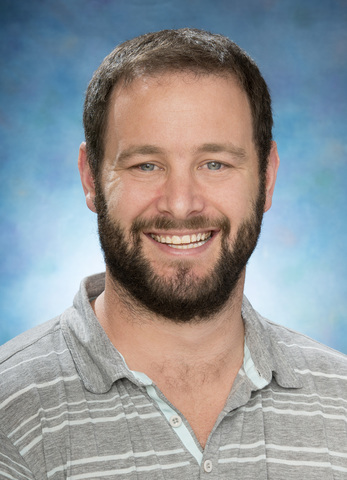Research Group
Below is a list of members of my research group, including brief descriptions of some of their research.
Postdoctoral Fellows
Simon Goode
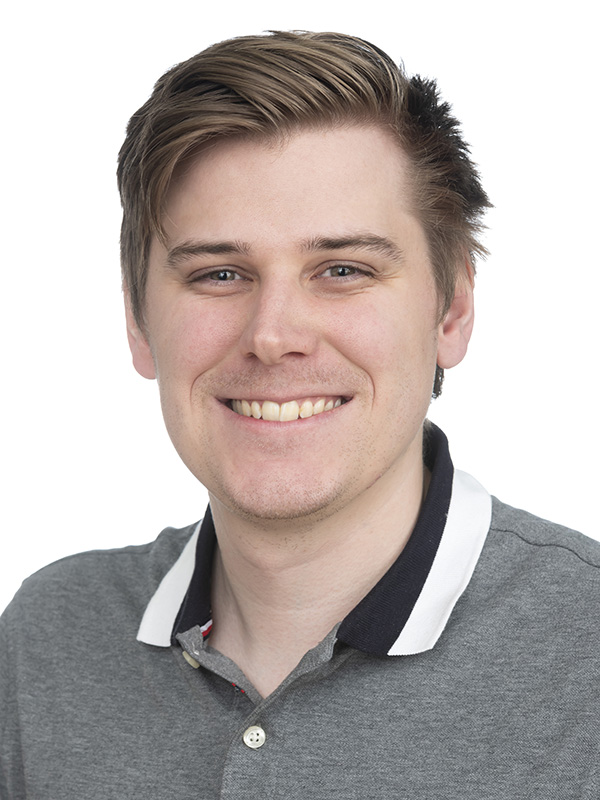
Simon did his PhD at Swinburne, working on the Deeper, Wider, Faster transient astronomy project. He is an expert on both transient astronomy as well as machine learning, and will be expanding his trade to work on gravitational-wave cosmology as well as the data-analysis side of LIGO detector characterisation and commissioning.
Nir Guttman
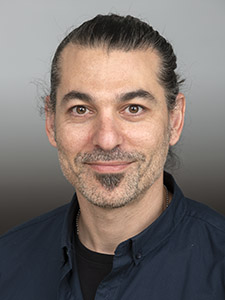
Nir did his PhD in particle physics before working as a data scientist, most recently at HP Indigo in Israel. His return to academia is seeing him work on gravitational-wave astronomy with a specific focus on developing capabilities in transdimensional Bayesian inference, and applying this to a broad range of astrophysical problems.
Gosia Curylo

Gosia completed her PhD at the University of Warsaw in 2024 with a thesis entitled: Massive black holes as sources of low-frequency gravitational waves: theoretical modelling and observational techniques. She joined the group in July 2024, and will be working primarily on nanohertz gravitational-wave modelling and detection.
Sharan Banagiri
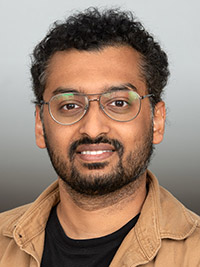
Sharan did his PhD at the University of Minnesota, completing in 2021, before moving to a postdoctorral position at CIERA at Nortwhestern University in Chicago. He joins Monash as an OzGrav postdoctoral fellow. Sharan works on a huge range of topics covering multiple sub-fields of gravitational-wave astronomy.
PhD students
Teagan Clarke
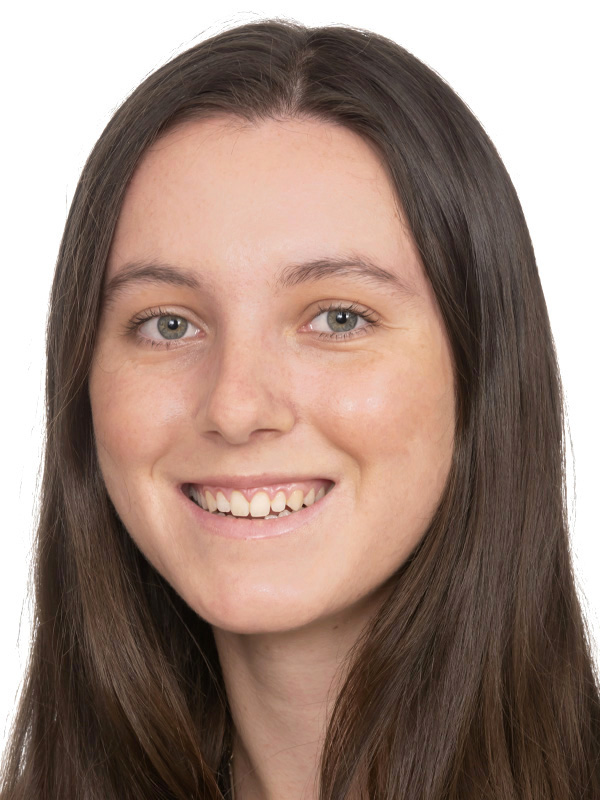
Teagan began her PhD in 2022 with myself and
Eric Thrane, working on detection and parameter estimation of gravitational-wave signals from eccentric compact binaries, as well as the astrophysics of neutron star-black hole systems. Teagan finished her honours in 2021 with myself, Eric, and
Isobel Romero-Shaw.
Rowina Nathan
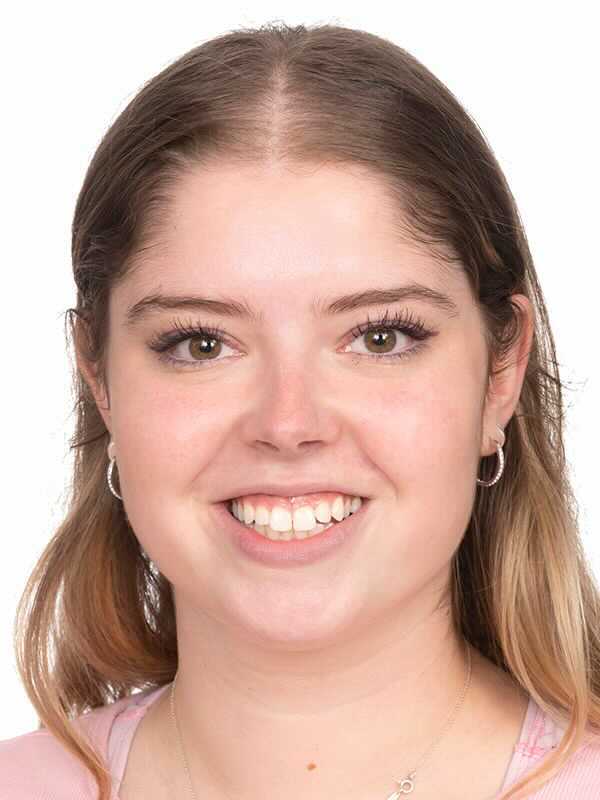
Rowina began her PhD in 2022 with myself and
Eric Thrane, working on pulsar timing array science as well as the astrophysical impact of kilohertz gravitational-wave observatories. Rowina completed her honours year working on pulsar timing techniques, including pulse-profile modelling and pulsar glitches, under the co-supervision of Greg Ashton.
Spencer Magnall
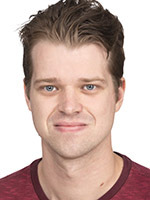
Spencer began his PhD in 2022, working on the development of a smooth-particle hydrodynamics numerical-relativity code for performing general-relativistic cosmological simulations. His primary supervisor is Daniel Price.
Shun Cheung
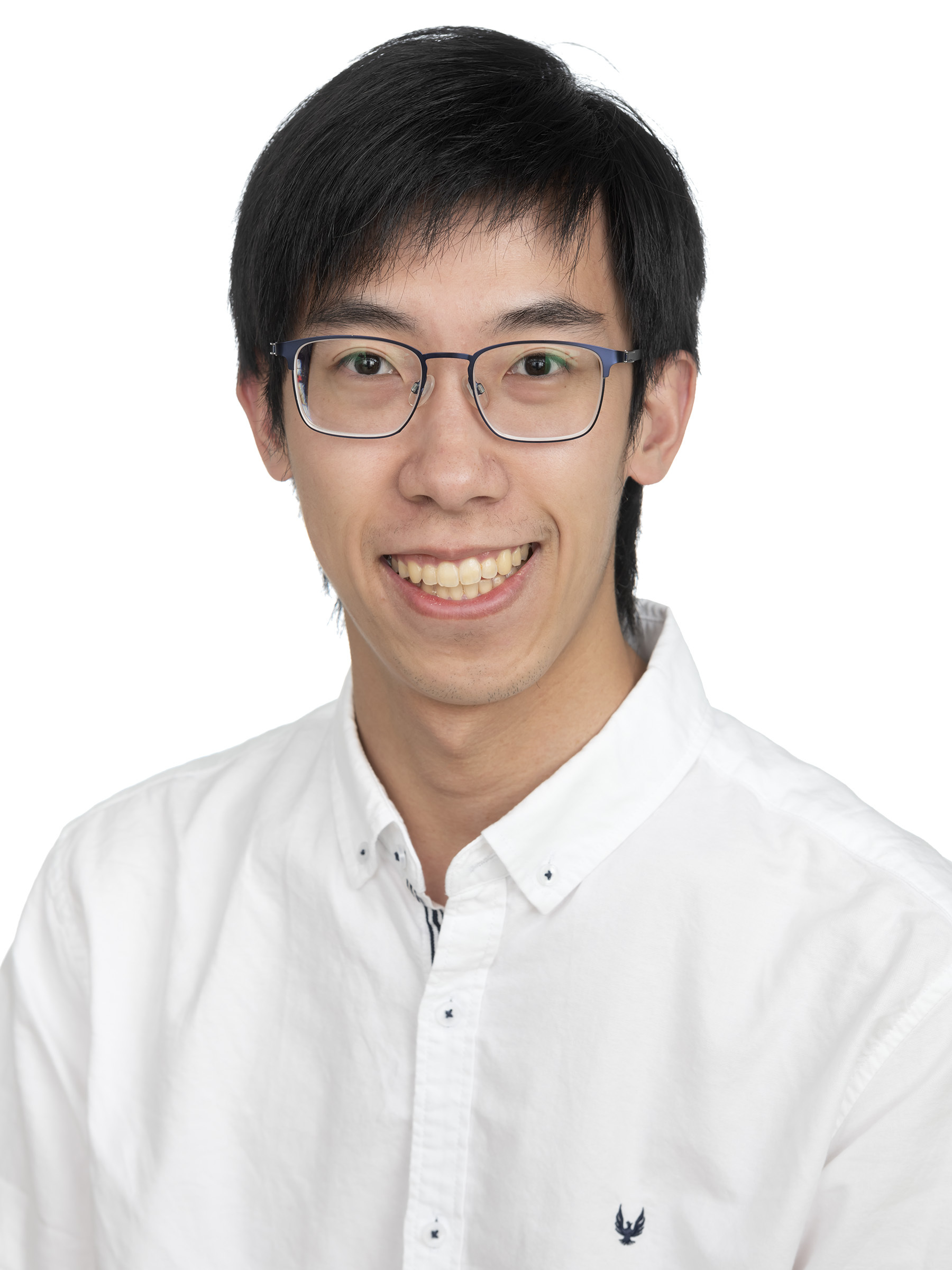
Shun began his PhD in 2023 with myself and
Eric Thrane, and is working primarily on trying to detect gravitational-wave memory with LIGO-Virgo-KAGRA observations of binary black hole mergers.
Christian Adamcewicz
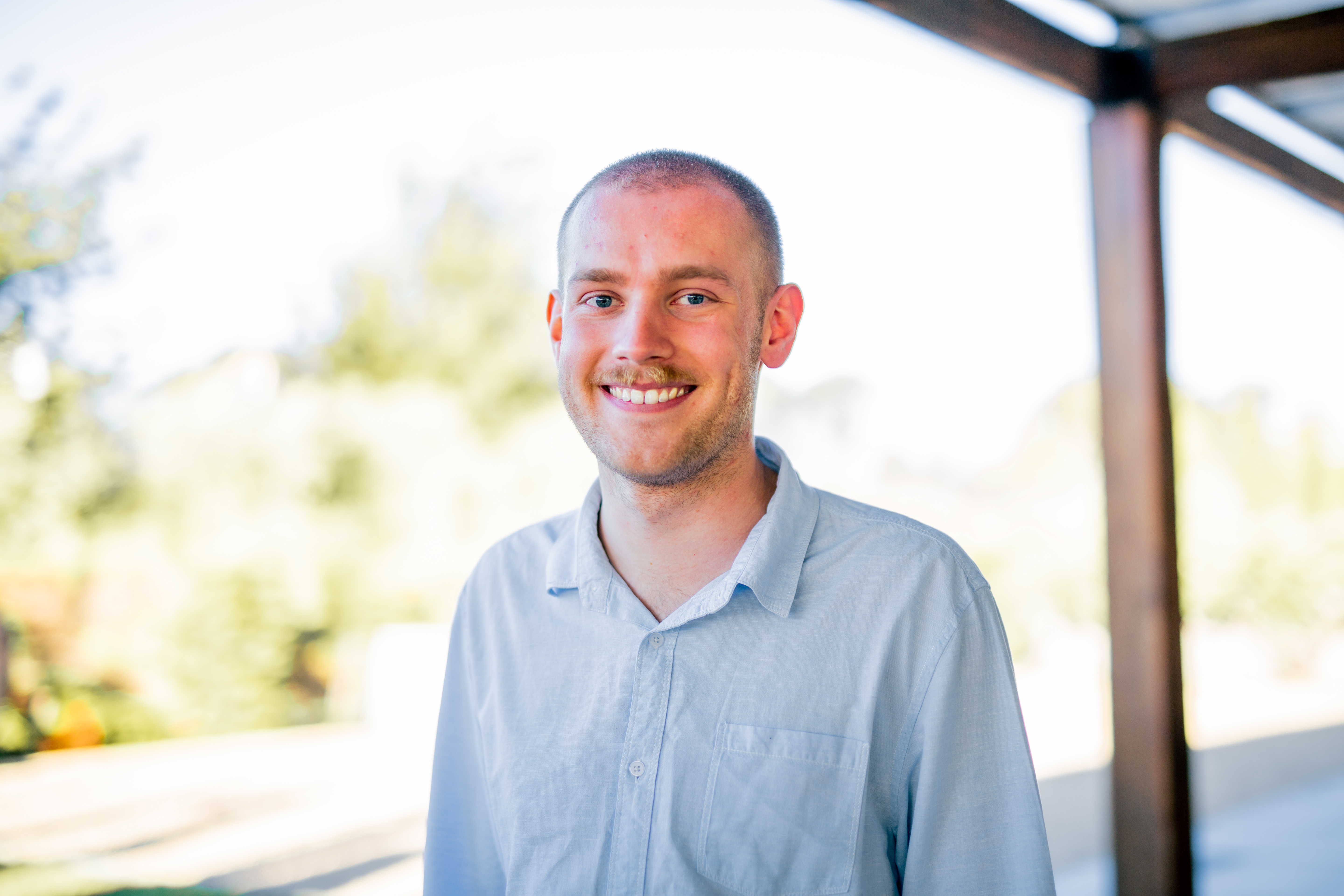
Christian began his PhD in 2023 with
Eric Thrane and myself, and is working on understanding the underlying population of binary black hole and neutron stars throughout the Universe.
Lachlan Passenger
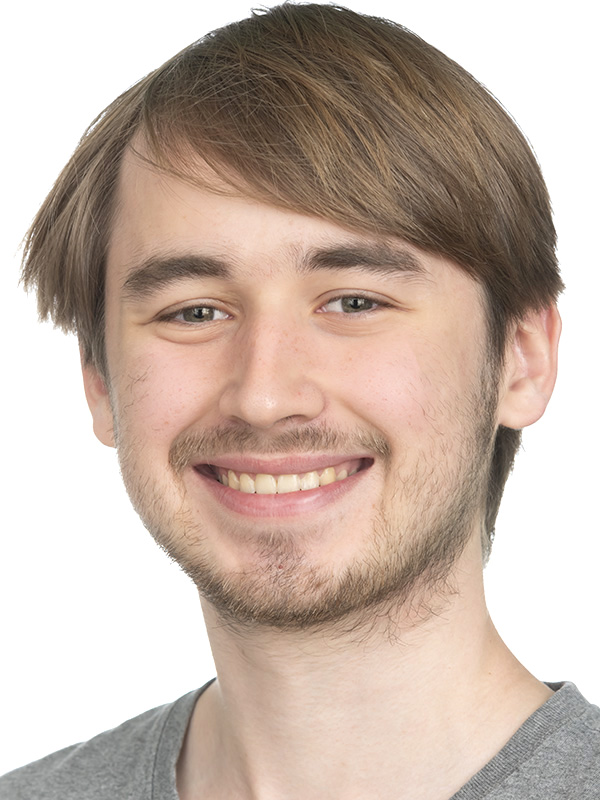
Lachlan began his PhD in 2024 with
Eric Thrane and myself after completing his honours with us in 2023. He is working on understanding the relationsship between some of the LVKs most extreme gravitational-wave discoveries and predicted population distributions.
Masters students
Kendall Jenner
![]()
Kendall is doing her Masters with David Ottaway and Lingqiao Liu at the University of Adelaide, and myself as cosupervisor. She is working on exploring machine learning algorithms for both detection and parameter estimation of compact binary coalescences for LIGO and Virgo.
Honours students
Chandana Anand
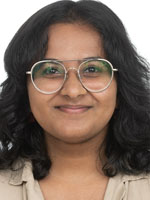
Chan is doing their honours year with myself and Eric Thrane, working on eccentricity of binary black hole systems.
Qifang (Michelle) Zhang
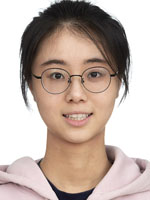
Michelle is doing her honours year with myself and Eric Thrane, working on searches for gravitational waves.
Makai Baker
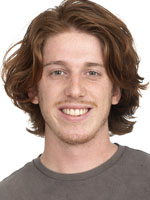
Makai is doing his honours year with myself and Eric Thrane, working on gravitational-wave astrophysical inference for next-generation observatories.
Previous Members
Jennifer Quinlan
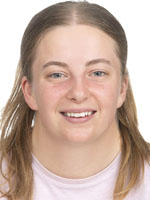
Jennifer completed her honours in the middle of 2024 with myself and Rowina Nathan, working on neutron star glitches.
Nikhil Kannachel
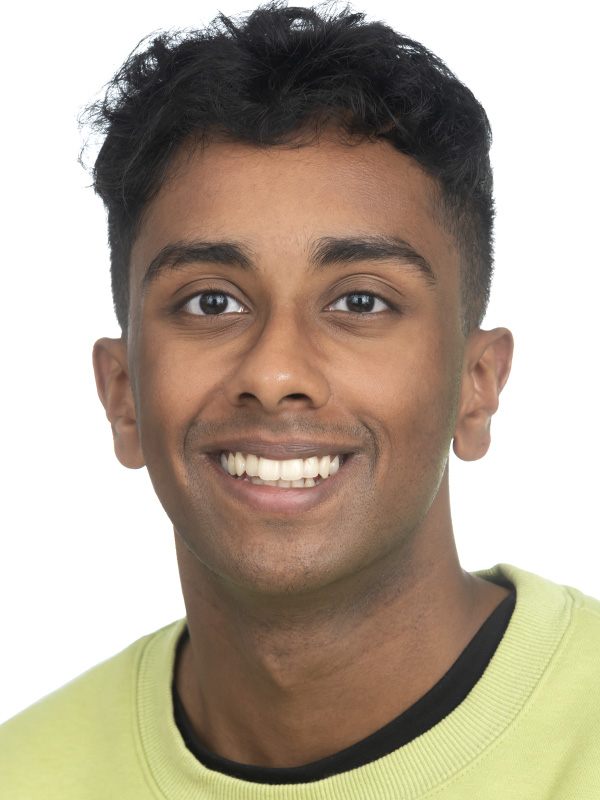
Nikhil did honours in 2023 working with Eric Thane and myself on developing new methods for performing tests of general relativity in the ultra-strong field regime using gravitational-wave observations of binary black hole mergers.
Macauley (Macca) Angus

Macca completed his honours thesis with Eric Thrane and myself in 2022, working on tests of gravity with binary black hole merger remnants.
Filippo Anzuini
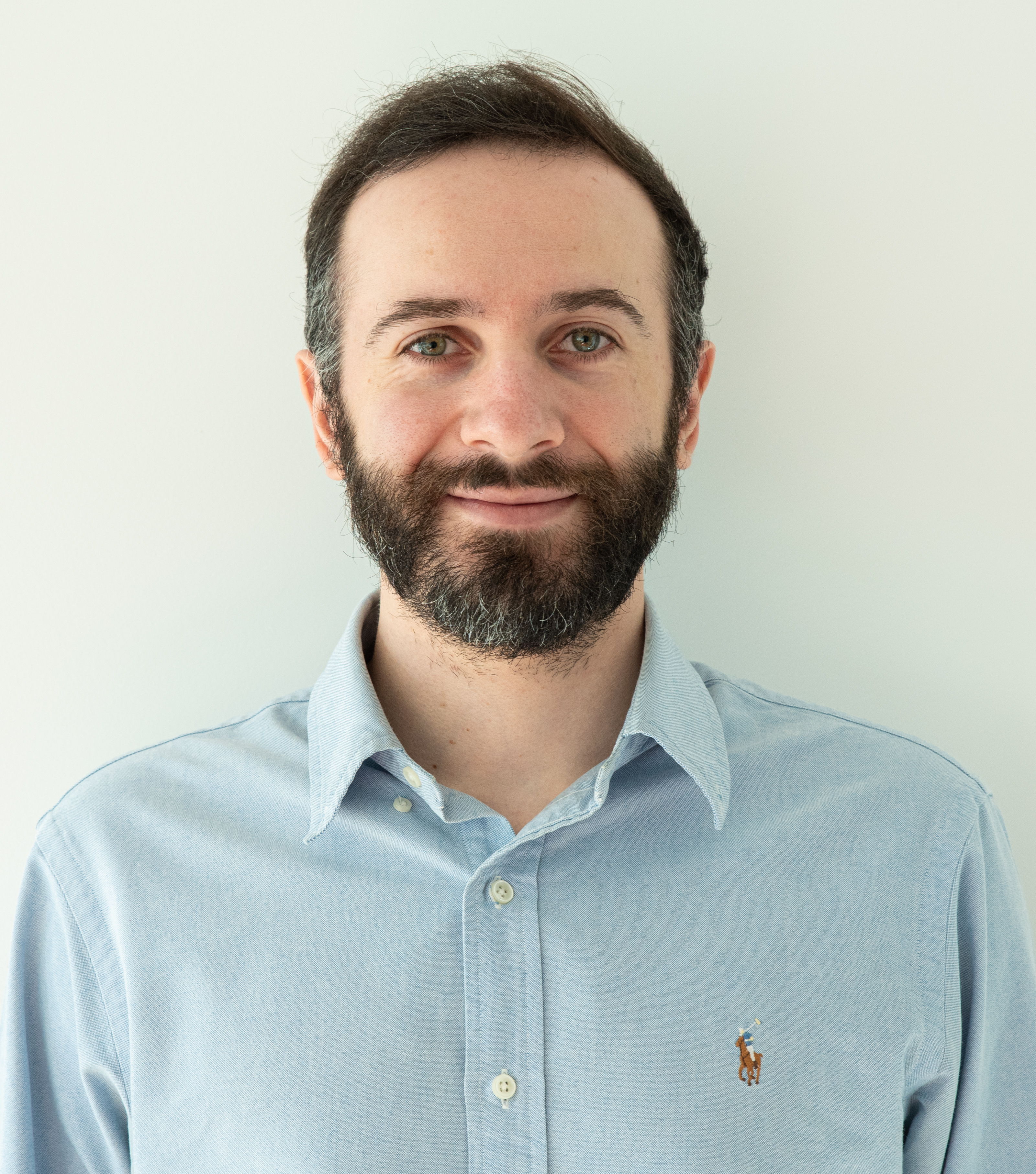
Filippo worked as a postdoc in my group throughout 2022. He completed his PhD in 2021 at the University of Melbourne. He is an expert on neutron star astrophysics, including (but not limited to) the magneto-thermal evolutions of neutrons stars. During his time at Monash, we wrote a number of papers together on the effect axions have on neutron star observations and theory.
Isobel Romero-Shaw
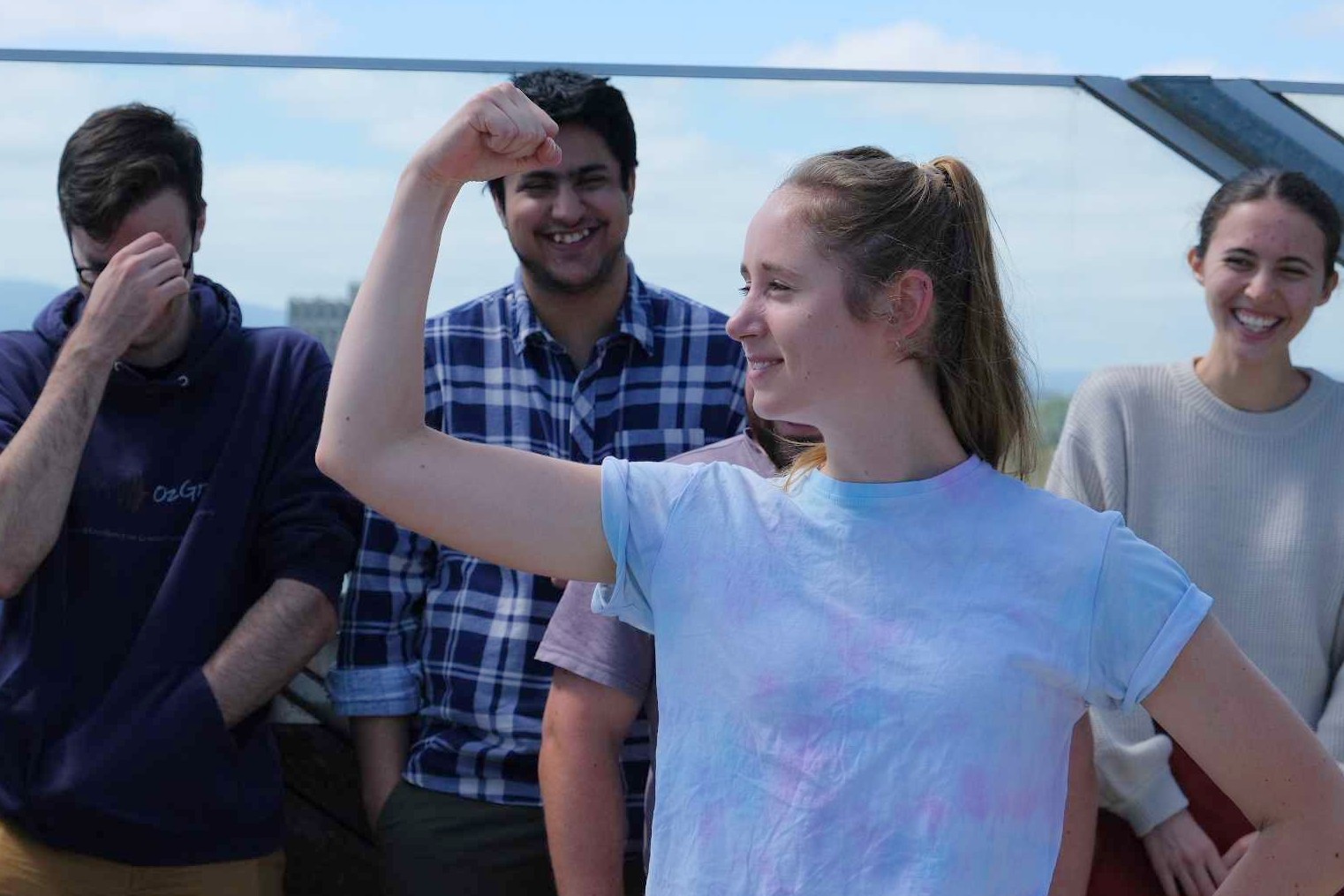
Isobel started her PhD in late 2018, and completed it at the beginning of 2022. She is worked on detecting gravitational waves from eccentric compact binary systems to constrain the formation mechanism, as well as understanding and driving the science case for the next generation of gravitational-wave instruments. Isobel was also involved in developing
bilby. She is currently a postdoctoral fellow at DAMTP in Cambridge undertaking a prestigious Herchel-Smith fellowship.
Nikhil Sarin
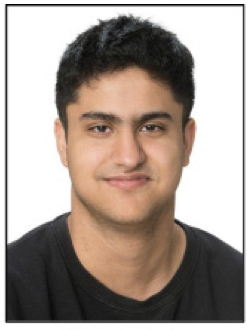
Nikhil completed his PhD in 2021 under the supervision of myself and Greg Ashton, working broadly on gamma-ray bursts and binary neutron star mergers. He completed his honours thesis in 2017 under the supervision of myself and
Letizia Sammut. Nikhil is now a postdoctoral fellow at NORDITA in Sweden.
Moritz Hübner
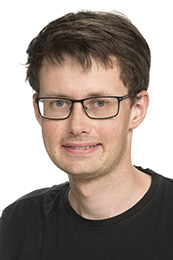
Moritz completed his PhD in 2021 under the supervision of myself and Eric Thrane, working on detecting gravitational-wave memory with Advanced LIGO and methods for detecting quasi-periodic oscillations in astrophysical transients. Moritz is now undertaking a postdoctoral fellowship in Andrew Melatos' group at the University of Melbourne.
Paul Easter
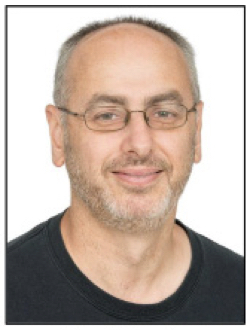
Paul began completed his PhD in 2021 under the supervision of myself and
Andy Casey. His PhD was primarily focussed on the aftermath of binary neutron star mergers, particularly trying to understand whether near-future Advanced LIGO observations of binary neutron stars can distinguish properties of the post-merger remnant. For example, can such observations distinguish between the formation of hypermassive, supramassive, or infinitely stable neutron stars? Paul completed his honours thesis in 2017 under the supervision of myself and Andy.
Paul Vasarelli
![]()
Paul completed his Masters under my supervision in 2021, working on binary neutron star merger remnants and their electromagnetic and gravitational-wave observables.
Ethan Payne
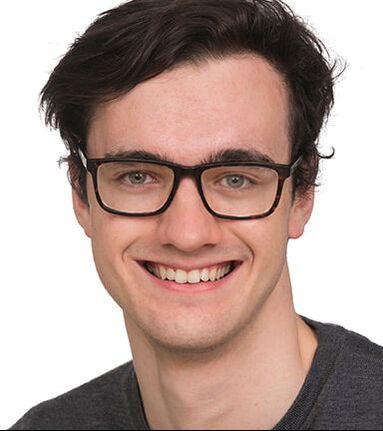
Ethan was an honours student and subsequently research associate in my group working on using gravitational waves to measure inhomogeneities in the Universe's cosmological expansion, as well as testing whether ultralight boson particles can be detected either directly or indirectly with gravitational-wave observations. He completed his honours year with myself and Eric Thrane in 2020, working on aspects of compact binary coalescences with LIGO, including data analysis and astrophysics. He began his PhD at Caltech in late 2021.
Greg Ashton

Greg was a postdoc in my group from 2017 to 2020. He is currently a faculty member at Royal Holloway in London.
Juan Calderon Bustillo
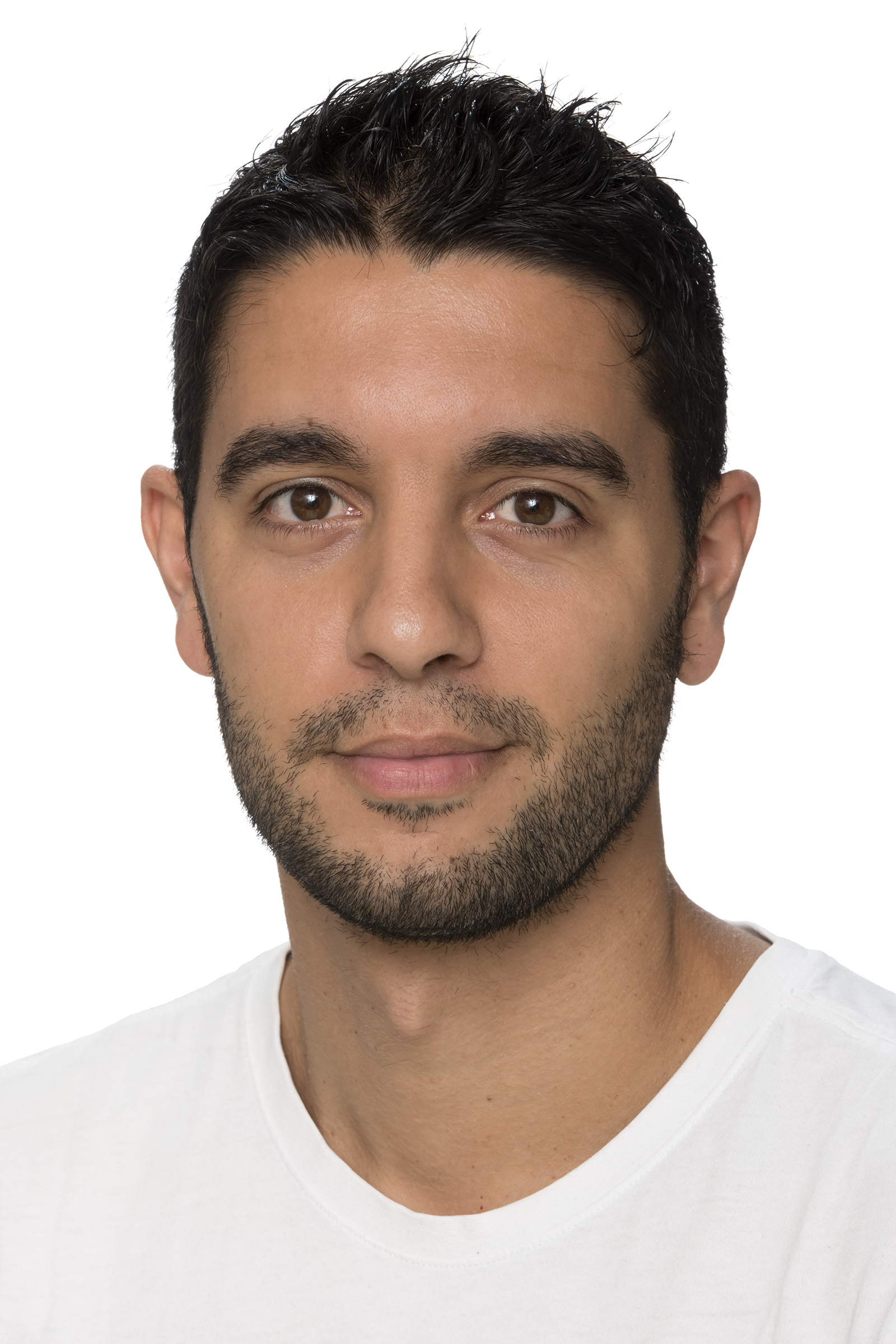
Juan was a postdoc in my group from 2018 to 2020. He is now a La Caixa Junior Leader at the Galacian Institute of High Energy Physics in Spain. Juan works on many things related to gravitational waves, primarily at the interface between gravitational waveform modelling and data analysis techniques for binary black hole detections. He has a particular focus on detecting higher-order modes to understand gravity in the strong-field regime, including tests of the no-hair theorem, black hole kicks, and double chirps.
Hayley Macpherson
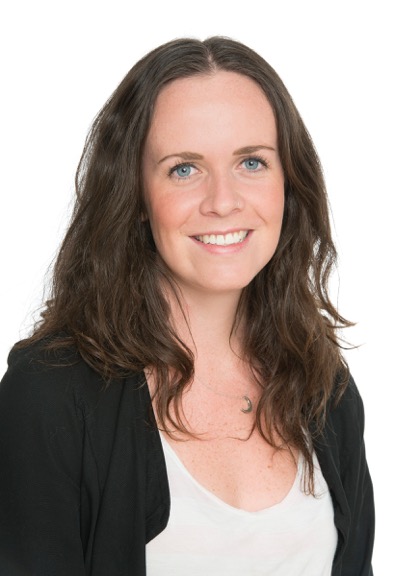
Hayley completed her PhD in 2019, primarily working on full, three-dimensional, non-linear numerical general relativity calculations of the evolution of the Universe as a whole. Hayley has written a number of papers on this topic showing the importance of including full general relativity into the evolution of these spacetimes. I am co-supervised Hayley with
Daniel Price. Hayley is now a Herchel Smith Fellow at DAMTP in Cambridge, and will be taking up a prestigious Einstein Fellowship as part of the NASA Hubble Fellowship program in 2022.
David Liptai
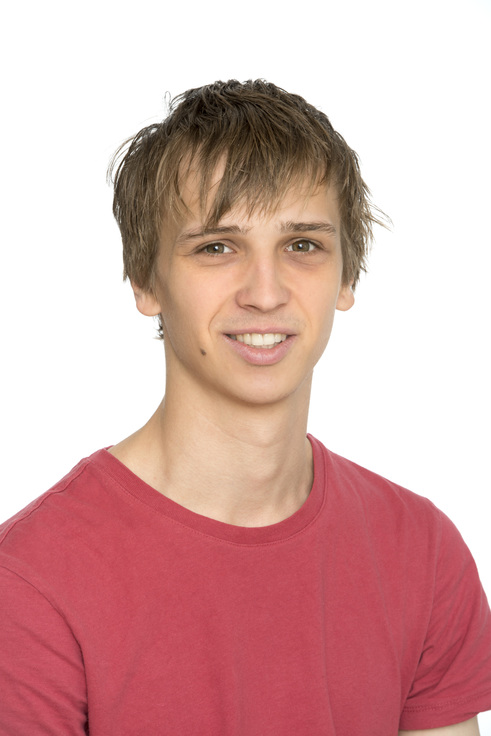
Dvid began his PhD in 2016 and submitted it in late 2019. His project implemented general relativity into the numerical method known as
smooth particle hydrodynamics, and applied this to various astrophysical phenomena such as accretion disks around single and binary black holes, tidal disruption events and neutron star mergers. I co-supervised David's PhD project with
Daniel Price.
Zac Pellow
Zac was an honours student in 2018 that I co-supervised with
Daniel Price. He worked on doing simulations of binary neutron stars using Smooth Particle Hydrodynamics, including trying to include tabulated neutron star equations of state into these simulations.
Kyla Adams
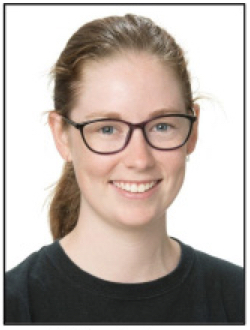
Kyla was an honours student in 2017 working on the aftermath of binary neutron star mergers. Kyla has completed her Masters at the University of Melbourne, and is now completing her PhD at the University of Western Australia.
Marcus Lower
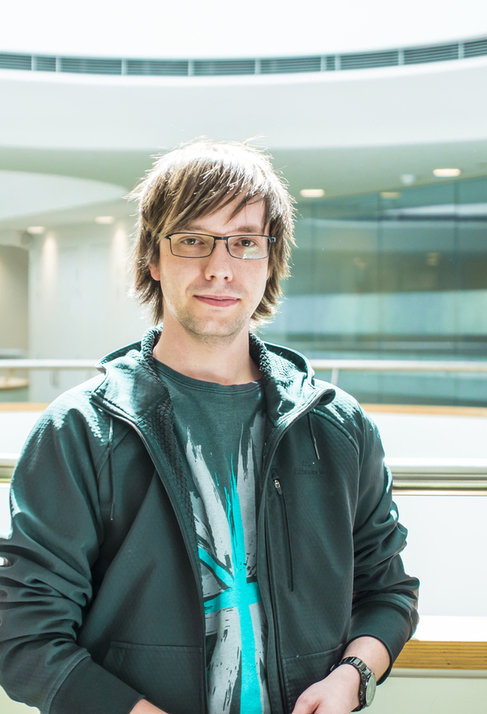
Marcus was an honours student in 2017 who I co-supervised with
Eric Thrane. Marcus studied the eccentricity evolution of binary black holes systems as a function of their formation history. Marcus completed his PhD at Swinburne University on pulsar timing, and is now a postdoc at CSIRO in Sydney.
Lucy McNeill
Lucy was an honours student at Monash University in 2016. Her thesis was on high-frequency sources of gravitational waves, and the detectabiilty of their counter-part gravitational-wave memory signal. Lucy completed her now doing her PhD at Monash University with Bernhard Mueller and Ilya Mandel, and is now a postdoc in Japan.
Cristiano Leris
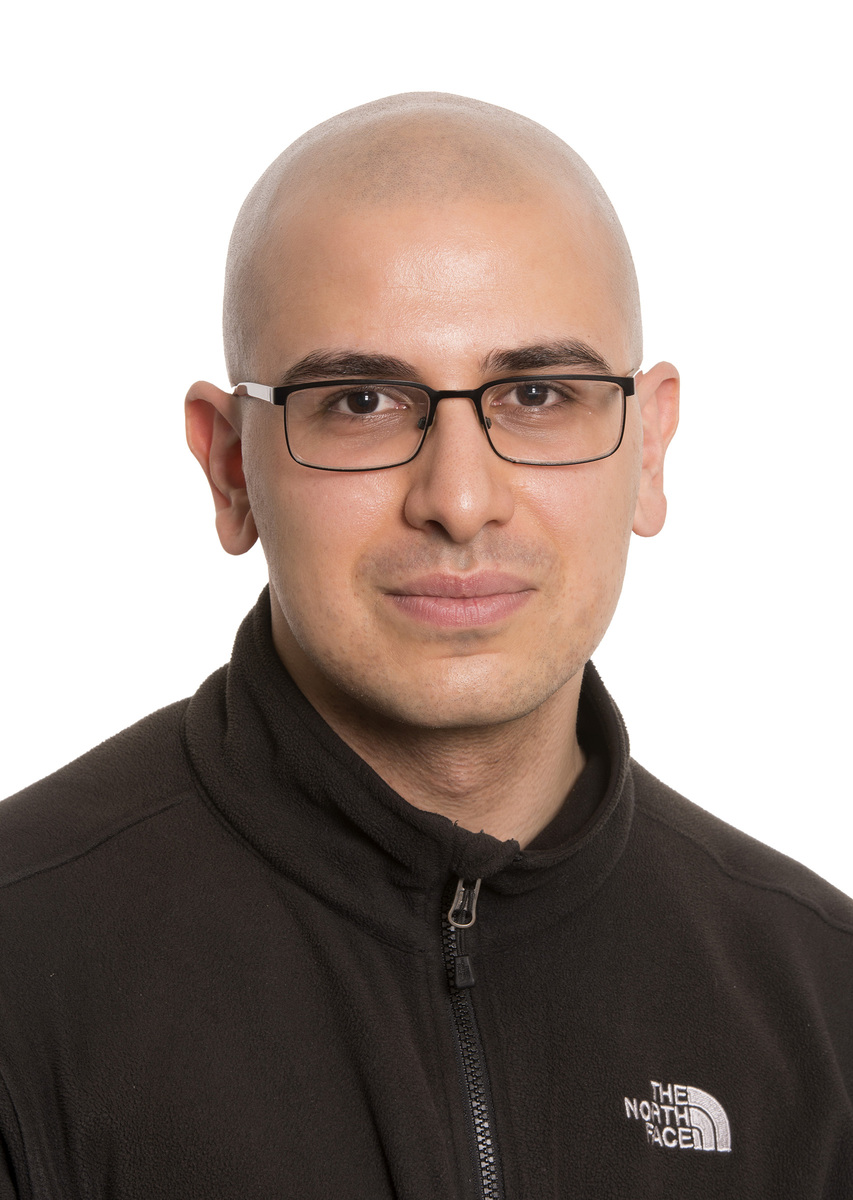
Cristiano was an honours student at Monash in 2016. His thesis was on detecting and understand multimessenger signals from binary neutron star mergers. In particular, he developed a method for fitting both the millisecond magnetar and fireball models to the X-ray light curves following short gamma-ray bursts, that enabled both the estimation of parameters in each model, and also did Bayesian model selection. His honours thesis was ultimately published
here in ApJL.
